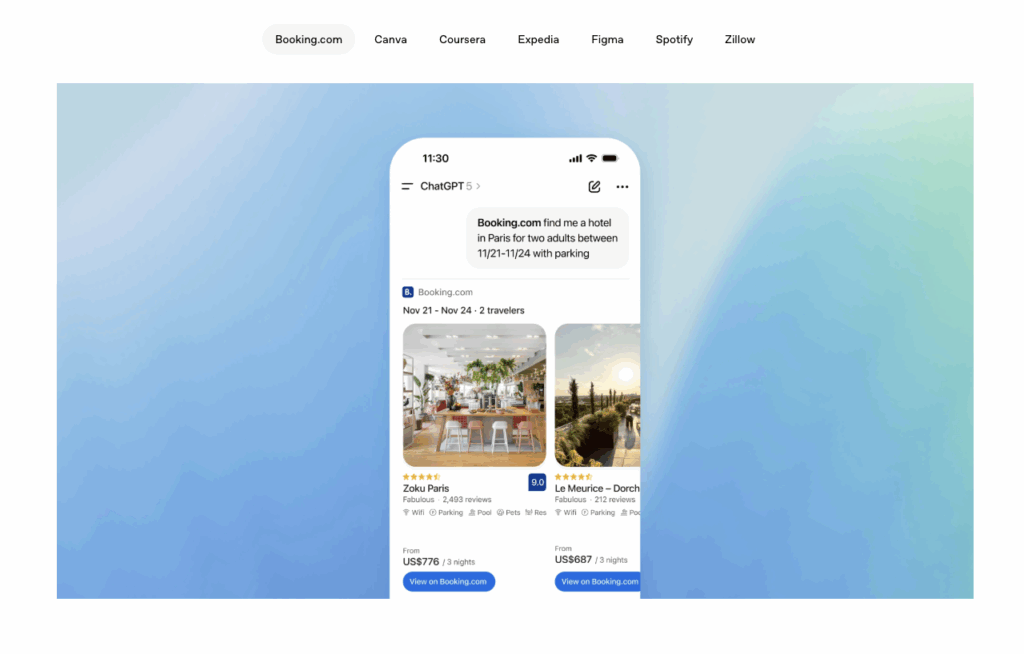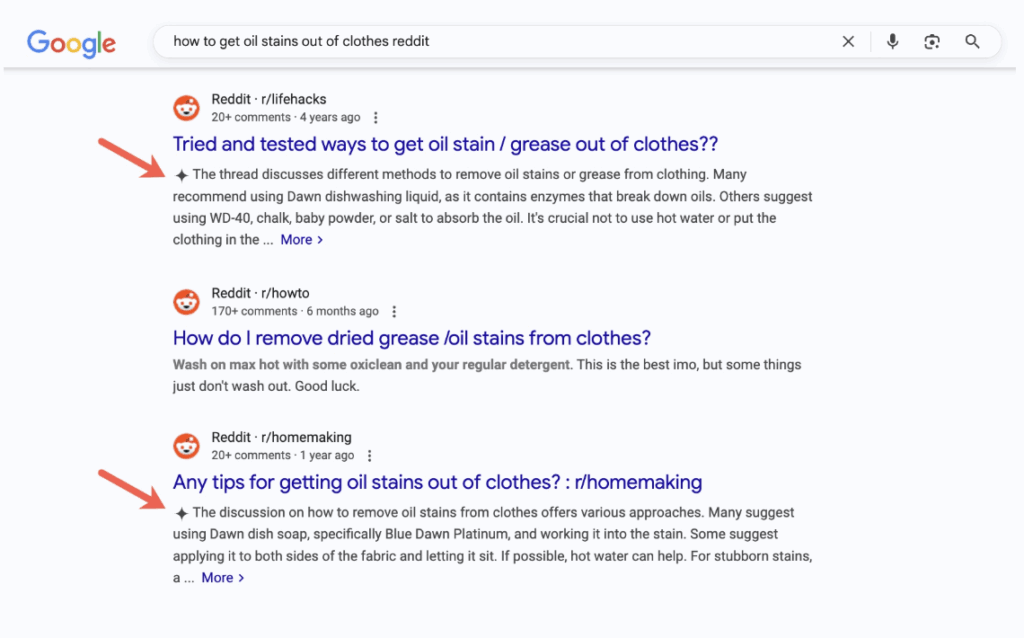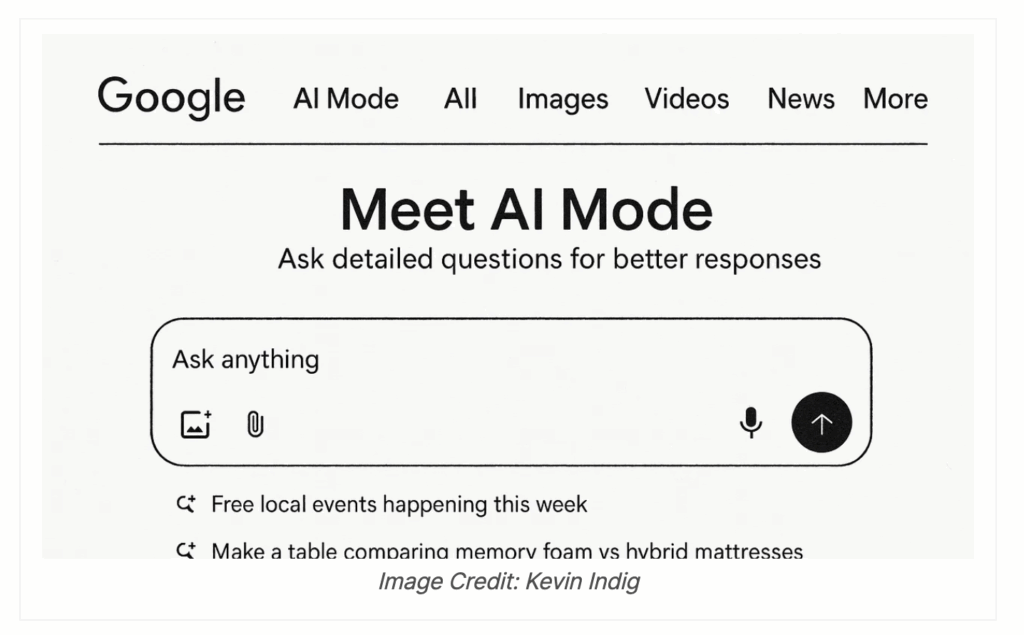Local Memo: ChatGPT Apps Are Here, Google Tests AI Meta Descriptions, New Research on Google’s AI Mode
ChatGPT Apps Are Here: How In-Chat Experiences Could Reshape Local Marketing
The News: OpenAI has launched apps within ChatGPT and a new Apps SDK for developers. These apps integrate directly into conversations, allowing users to interact with tools like Booking.com, Canva, Spotify, and Zillow without leaving ChatGPT. Developers can now build and publish their own interactive, conversational apps using OpenAI’s new SDK, which is built on the open Model Context Protocol (MCP).

Google Experiments With AI-Written Meta Descriptions and Snippets
The News: Google is testing AI-generated meta descriptions in place of the traditional snippets under search results. When users perform a search, instead of seeing a meta description or an excerpt from the page, they may now see a short summary created by Google’s AI, often marked with the Gemini logo.

What This Means: For SEO and local marketing, this test shows that Google is taking more control over how content appears in search results. While Google has long rewritten snippets, AI-generated summaries may now replace both meta descriptions and page text entirely. This could affect click-through rates and lead to summaries that don’t fully match your intended message. Marketers should focus on clear, well-structured content so Google’s AI can accurately reflect their brand and drive users to click through.
New Research Reveals How Google’s AI Mode Is Changing Search Behavior
The News: Search Engine Journal’s new usability study of Google’s AI Mode reveals major changes in how people search. In about 75% of sessions, users never left the AI panel, and 88% interacted first with AI-generated text. Most users skimmed results quickly, forming opinions without clicking through. Only transactional searches led to clicks, with 77.6% of sessions having zero external visits.
What This Means: AI Mode is turning Google into a destination rather than a gateway. For marketers, visibility now matters more than traffic, as users make brand judgments directly from AI summaries. To stay relevant, brands must focus on clarity, authority, and structured content that AI can understand and feature—since being cited in AI Mode may become as valuable as earning a top organic ranking.




